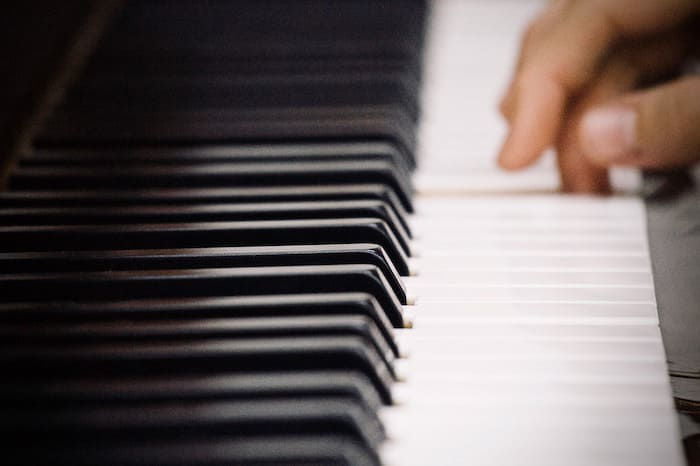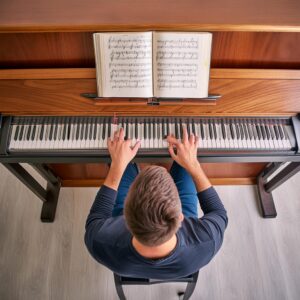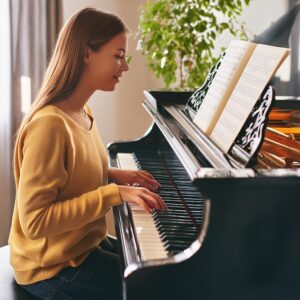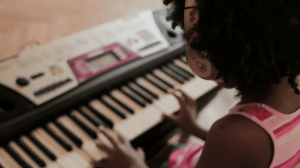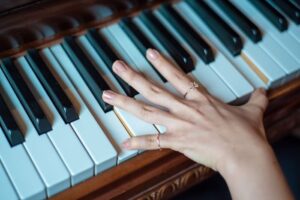The difficulties encountered by music schools
Music schools have been experiencing difficulties for several years; students’ perceptions of how they operate reveal gaps that digital technology can close. For example, 45% of students consider that the conservatory is too professionally oriented, making learning too difficult.
In addition to the problem of teaching methods, the musical tastes of students are also a major factor. It is not new that music schools mainly teach classical works in the first place, which tends to be completely out of step with the musical tastes of learners, often young and in search of recent music. The figures are significant in this respect: 53% of musicians drop out of conservatory training between the ages of 15 and 24 because what they learn in music school does not correspond to their musical universe. This combined with the fact that it takes a majority of students at least 3 years of theoretical study to become familiar with solfege, it is not surprising that students are quickly demotivated by traditional learning styles.
Finally, a third problem emerges: that of democratization linked to music learning. On average, access to a music school costs €800 per year, which is a huge sum when compared to the French minimum wage (€1498 gross/month). This raises a legitimate question about the sociological profile of music school students. Studies on the subject have shown that 70% of them belong to the upper and middle classes. We can easily deduce from this that musical learning suffers cruelly from easy access for households in financial difficulty, which nevertheless represent more than 20% of French households.
45%
Of some students consider that the conservatory is too professionally oriented
53%
Of musicians drop out of music school
70%
Of conservatory students belong to the middle and upper classes
Interns and their new learning styles
These various observations lead us to focus on technological innovations and more precisely on the digital solutions proposed today. The digital explosion has impacted all our habits. Among them, new forms of learning are undergoing an unprecedented transformation. Whether at the level of professional training or training related to its hobbies, digital technology has fostered the emergence of a new phenomenon: self-training. The music learning sector is part of this new approach.
The piano, an instrument played more than 60% by the musicians, is an integral part of it. Web 2.0 has left more room for the voice of “lambda” users and it is in this context that tutorials for learning the piano in video format are born and deployed at a dazzling speed. At home, people take videos of themselves and play specific music step by step, after which they import their tutorials on video platforms, including Youtube. In this way, the tutorial is available to all users who visit the site.
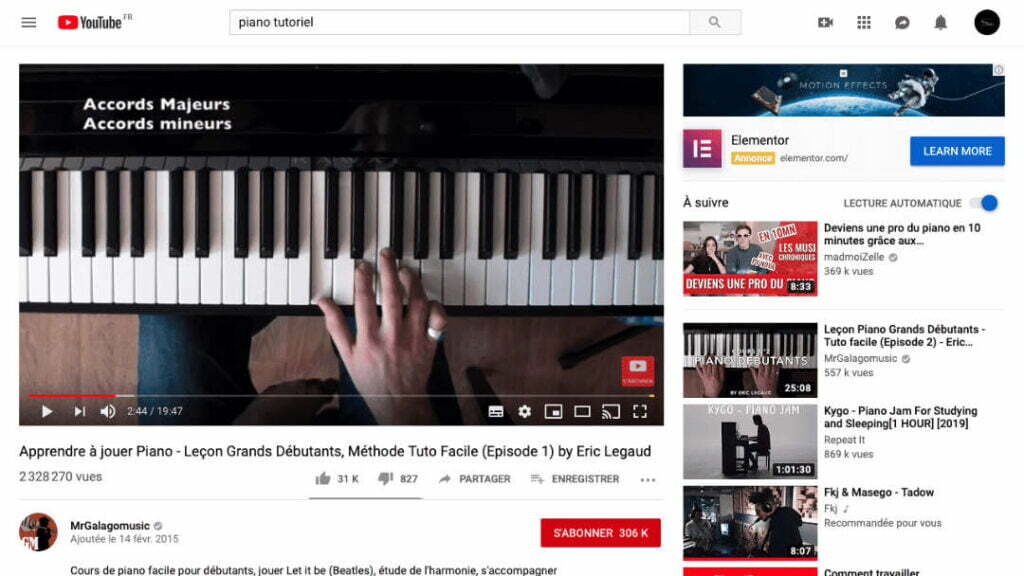
Through a mimetic process, they must then reproduce the notes played by the author of the video on a given sequence, repeat it until they master it, then move on to the next sequence. This mode of learning, which may seem laborious, actually proves to be effective as the brain gets used to it.
After some music learned in this way, the player assimilates the following ones much faster. This practice is very popular with Internet users who are disinterested or demotivated by music schools. This is evidenced by the many views of these tutorials on Youtube, which often reach hundreds of millions.
The notoriety of self-taught piano learning on Youtube has led several companies to embark on learning piano without music theory, through the development of software designed to make the player’s experience more comfortable. These tools abound on the Internet and are gaining more and more followers.
Mourad Tsimpou: representative of a growing phenomenon
It was not until the very recent video of the young Marseilles native Mourad Tsimpou, in which he played Chopin’s Fantaisie Impromptue at the piano, that the trend received widespread media coverage.
This young man, from the northern districts of Marseille, illustrates well the new ways of learning the piano and their performances. Learning the piano by ear and without scores, Mourad Tsimpou is the very example of the appeal that new generations have for this new concept. In the coming years, it may even be that the notoriety of its history will accelerate the growth of the phenomenon.

